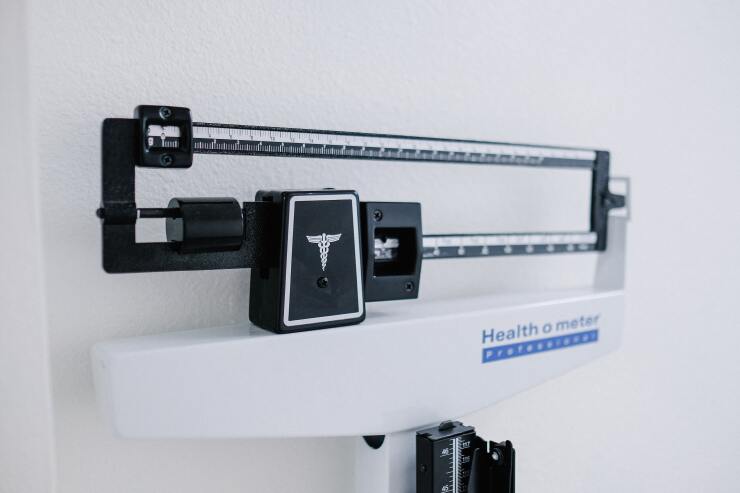Support in
A third of adults in the U.S. are considered obsese, and an additional 32.5% are overweight, according to the CDC. That extra weight is a burden not just on an employee wellness, but on an employer’s budget, too: obesity-related health concerns cost the healthcare system $173 billion per year, and employers also shoulder nearly $500 billion in lost productivity costs, absenteeism and other
“From a retention perspective around general employee satisfaction, happiness and productivity, to the costs related to the nearly 200 other chronic conditions related to obesity, most employers initially don’t recognize the broad impact obesity has,” says Sloan Saunders, CEO of Intellihealth, an obesity care software platform. “Employers have been dealing with the unfortunate consequences and indirect issues related to obesity for decades.”
Read more:
While it’s a common misconception that weightloss can simply be attributed to
“There are fewer than 100 fellowship-trained obesity specialists in the U.S., so that’s a fundamental problem,” Saunders says. “There’s also this false notion that weight is a lifestyle choice or a lack of willpower, but weight gain is multifactorial and has to be dealt with in a very comprehensive way.”
Intellihealth is utilizing technology to do some of the heavy lifting when it comes to diagnosing the causes of obesity, and then finding the right solutions for their patients. The platform was initially designed to work in tandem with health systems, like New York Presbetyrian Hospital and the Veterans Administration, as an educational tool for clinicians, Saunders says.
Read more:
The platform has since expanded to be a resource for employers and provide users with a more holistic care experience. Intellihealth Flyte uses their technology to create a personalized weight loss program for individuals, involving primary care physicians,
“Obesity requires an individualized approach, since people gain weight for a myriad of different reasons, be it behavior or environment or genetics,” Saunders says. “Our clinicians leverage our software to identify the underlying contributors to weight gain, identify the barriers to weight loss and then put together a personalized treatment plan for their weight management journey.”
Users can take advantage of Flyte to maintain their current weight or make a more clinically significant change, by working with a registered dietician for nutritional counseling, to more intensive care with nurse practitioners and doctors. But reaching a goal weight should not be the only desired outcome.
“We don’t focus on targeting ideal weights or a specific number of pounds lost because there really isn’t one,” Saunders says. “What are the other objectives or other medical conditions where weight loss would be a benefit? That’s where our education comes in.”
Flyte is currently partnering with several unions, as well as six other employers, with plans to expand even further in the coming months. While the end goal is improving health, chipping away at the stigma of obesity can be beneficial for employees seeking a healthy weight, for them.
“Often, this is a life-long battle that’s really hard to keep persevering,” he says. “It’s not a personal failure.”






